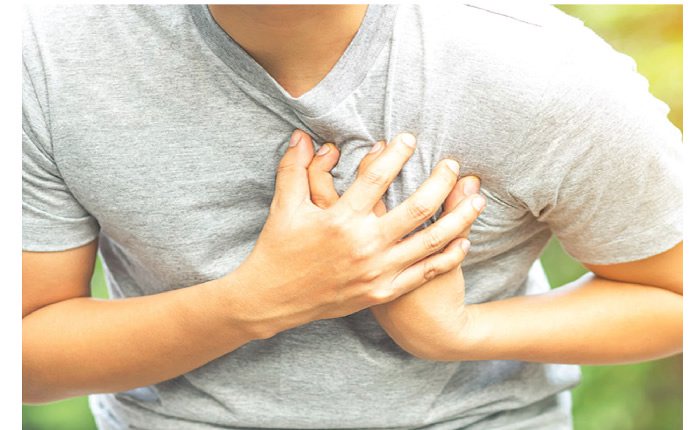
We often hear of cases where someone suddenly slumps and dies without warning. These tragic incidents are usually caused by underlying medical conditions that have gone unnoticed or unmanaged. While some of these conditions develop quietly, they can become fatal in an instant if not detected early.CONTINUE FULL READING>>>>>
Understanding these health risks and making the right dietary choices can go a long way in preventing sudden death. In this post, we’ll highlight common medical conditions that may lead to sudden collapse — and the foods you should avoid if you’re at risk.
⸻
Common Medical Conditions That Can Lead to Sudden Collapse and Death
1. Hypertension (High Blood Pressure)
Often called the “silent killer”, hypertension can cause a stroke, heart attack, or cardiac arrest without obvious warning signs. When blood pressure is too high, it strains the heart and arteries.
2. Heart Disease
Conditions like coronary artery disease, arrhythmia, or heart failure can trigger sudden cardiac arrest. Many heart patients feel fine until the heart unexpectedly stops functioning properly.
3. Stroke
A stroke occurs when the brain’s blood supply is interrupted. It can happen suddenly and may lead to unconsciousness or death, especially if it’s a massive stroke or not treated immediately.
4. Diabetes
Uncontrolled diabetes can cause low blood sugar (hypoglycemia) or diabetic ketoacidosis, both of which may result in sudden fainting or death.
5. Blood Clots (Pulmonary Embolism)
Blood clots can travel to the lungs or brain, cutting off oxygen supply. A large clot can lead to instant collapse and death, especially during periods of inactivity or long travel.
6. Epilepsy or Seizure Disorders
Sudden unexpected death in epilepsy (SUDEP) is a rare but serious condition where a person with epilepsy dies suddenly without a clear cause.
7. Brain Aneurysm
A burst aneurysm in the brain can cause instant loss of consciousness and death. These often show no symptoms until they rupture.
⸻
Foods to Avoid to Reduce the Risk of Sudden Health Crises
Your diet plays a major role in managing or worsening many of these life-threatening conditions. Here are key foods to limit or avoid:
Excess Salt (Sodium)
Too much salt raises blood pressure, increasing the risk of stroke and heart disease. Avoid:
• Salty snacks (chips, crackers)
• Instant noodles
• Canned soups and processed foods
Sugary Foods and Drinks
High sugar intake leads to obesity, diabetes, and insulin resistance. Limit:
• Soft drinks and sugary juices
• Pastries, candies, and sweetened cereals
Fried and Fatty Foods
These clog your arteries and increase cholesterol levels. Avoid:
• Deep-fried foods (e.g., fried chicken, akara, puff-puff)
• Fatty red meats and full-fat dairy
Highly Processed Meats
Processed meats are linked to heart disease and certain cancers. Avoid:
• Sausages
• Bacon
• Canned meats
Alcohol (Excessive Intake)
Too much alcohol can trigger heart issues, liver disease, and increase blood pressure. Drink responsibly or avoid entirely if you’re at high risk.
⸻
Prevention Tips
• Go for regular medical checkups to detect silent killers early.
• Maintain a balanced diet rich in fruits, vegetables, lean protein, and whole grains.
• Engage in regular physical activity — at least 30 minutes a day.
• Monitor your blood pressure, sugar, and cholesterol levels.
• Stay hydrated and get enough sleep.
⸻
Final Thoughts
Sudden collapse and death are often caused by avoidable medical conditions that go unchecked. By understanding the risks and making better food choices, you can reduce your chances of such tragic outcomes….CONTINUE FULL READING>>>>>
